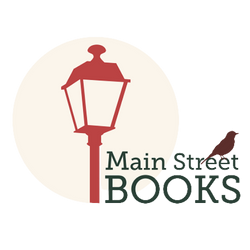
German Blood, Slavic Soil: How Nazi Königsberg Became Soviet Kaliningrad (Battlegrounds: Cornell Studies in Military History)
Description
German Blood, Slavic Soil reveals how Nazi Germany and the Soviet Union, twentieth-century Europe's two most violent revolutionary regimes, transformed a single city and the people who lived there. During World War II, this single city became an epicenter in the apocalyptic battle between their two regimes.
Drawing on sources and perspectives from both sides, Nicole Eaton explores not only what Germans and Soviets thought about each other, but also how the war brought them together. She details an intricate timeline, first describing how K nigsberg, a seven-hundred-year-old German port city on the Baltic Sea and lifelong home of Immanuel Kant, became infamous in the 1930s as the easternmost bastion of Hitler's Third Reich and the launching point for the Nazis' genocidal war in the East. She then describes how, after being destroyed by bombing and siege warfare in 1945, K nigsberg became Kaliningrad, the westernmost city of Stalin's Soviet Union. K nigsberg/Kaliningrad is the only city to have been ruled by both Hitler and Stalin as their own--in both wartime occupation and as integral territory of the two regimes.
German Blood, Slavic Soil presents an intimate look into the Nazi-Soviet encounter during World War II. Eaton impressively shows how this outpost city, far from the centers of power in Moscow and Berlin, became a closed-off space where Nazis and Stalinists each staged radical experiments in societal transformation and were forced to reimagine their utopias in dialogue with the encounter between the victims and proponents of the two regimes.



